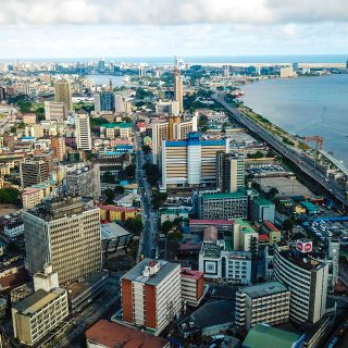Sophia's work
Global surgery and climate change paper publication
Sophia Chen, a double major in mechanical engineering and arts and design, wrote a paper with her colleagues at the Global Surgery division at the University of Cape Town (UCT), South Africa. She interned at UCT during the summer of 2024 through MISTI Africa. The paper addresses the healthcare industry's contribution to environmental degradation through Global Surgery.

